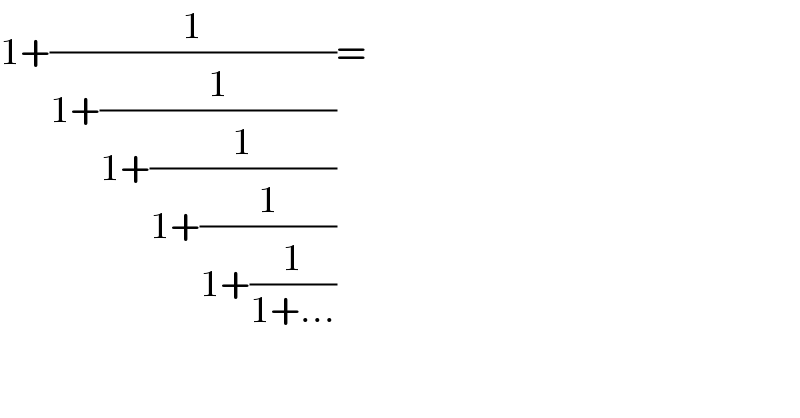
Question and Answers Forum
Question Number 61625 by Sharath Kumar last updated on 05/Jun/19

Answered by MJS last updated on 05/Jun/19

Commented by Kunal12588 last updated on 05/Jun/19

Commented by MJS last updated on 06/Jun/19

| ||
Question and Answers Forum | ||
Question Number 61625 by Sharath Kumar last updated on 05/Jun/19 | ||
 | ||
Answered by MJS last updated on 05/Jun/19 | ||
 | ||
| ||
Commented by Kunal12588 last updated on 05/Jun/19 | ||
 | ||
Commented by MJS last updated on 06/Jun/19 | ||
 | ||